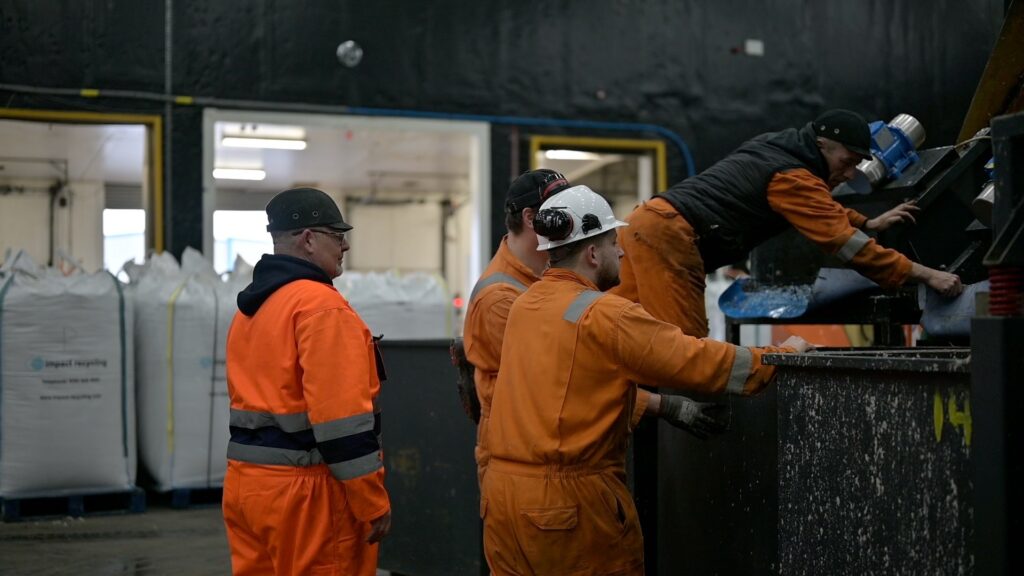
The document defines mixed plastics as non-bottled packaging sourced from the domestic waste stream and suggests that councils initially focus on collecting just rigid mixed plastic packaging such as pots, tubs and trays as it says that these can be currently recycled, with the exception of black packaging and film.
This is because black packaging does not reflect light and therefore cannot be sorted by optical technology and because plastic film can cause technical issues with automated sorting technology.
The document also claims that film can only be recycled into relatively low value applications, “often at a negative value” making it more problematic to collect.
However, the guidance stresses that local authorities should only accept material for which there is a fixed end market and should not attempt to appease householders' wishes for wider material streams where it is not sustainable. It states that it is essential for collectors and handlers to have “definite” and “sustainable” end markets in place in advance.
It says: “We should only be collecting material that meets the reprocessor specifications, not what householders and pressure groups want to see.”
End Markets
Recoup claims that the sale of a 20 tonne bale of mixed plastic could be worth £87.50 per tonne, based on shipments on a standard 40 foot curtain sided trailer or shipment container.
The organisation explains that minimising the level of contamination in the bales to between 2-5% by weight of general contamination can improve the value of the material and lead to fewer bales being rejected by reprocessors.
However, it claims that, while foreign objects such as cans or card could create ‘general contamination', the presence of glass, chemical and pesticide, hazardous and DIY items would render the contamination ‘critical'.
And, the guidance acknowledges that the end markets for mixed plastics are currently “more limited” than those for bottles and says that if mixed grades are added to bottle material it will “significantly reduce the overall sales value”.
It also states that local authorities should be aware of the potential impact adding mixed plastic collections could have on the output quality of other sorted materials such as newspapers and magazines, cardboard and steel and aluminium cans.
Material
On the issue of communicating the introduction of mixed plastics recycling collections, Recoup claims it is important that councils give “unambiguous and easy to follow” instructions to householders but said that “best practice is still being developed.”
The document comes as part of continued work to improve guidance on plastic recycling by Recoup and follows shortly after the organisation published information on how to improve the recyclability of plastic packaging material through its design, development and marketing (see letsrecycle.com story).







Subscribe for free